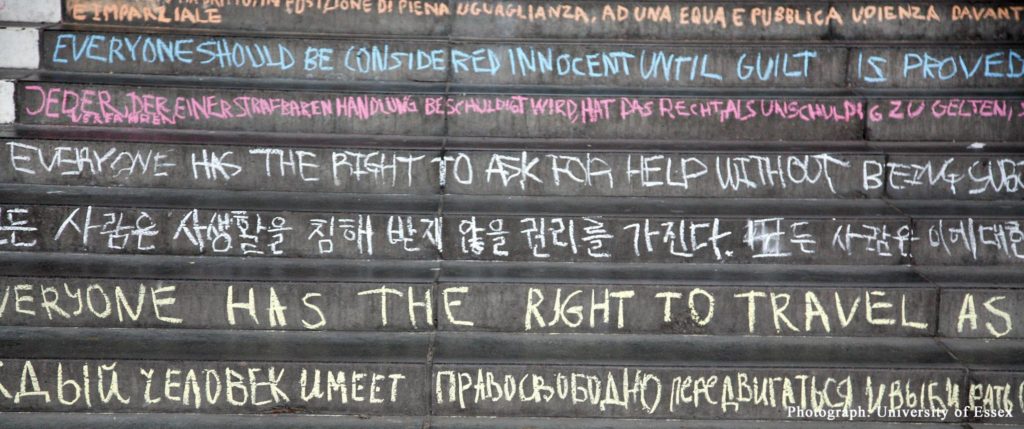Partners under Pressure? The future of civil society in Dutch human rights policy


Human rights have since long been a cornerstone of Dutch foreign policy. The Dutch government has over the past years aimed to cooperate with civil society actors to improve human rights conditions worldwide. It has not gone unnoticed, however, that civil society is facing growing pressure in many countries. Civil society space and critical voices are being restricted. In this research project, LeidenAsiaCentre aimed at investigating what the implications are of this development for the Dutch efforts to include civil society actors in its human rights policy.
AIM
The research project consists of three individual but connected case studies: China, Russia and Saudi Arabia. In each case, recent developments within the respective civil societies are discussed and their impact investigated. Subsequently, the policy of cooperation with civil society actors in each country by the Dutch government is mapped, followed by an analysis of the implications of recent developments regarding civil society for this cooperation. Finally, the three individual cases are brought together in a comparative discussion. Ultimately, the aim of this project was to facilitate a public discussion and to provide concrete policy recommendations.
REPORT
On March 12, 2018, the report “Partners under pressure-” was published.
[:en]
Human rights have since long been a cornerstone of Dutch foreign policy. The Dutch government has over the past years aimed to cooperate with civil society actors to improve human rights conditions worldwide. It has not gone unnoticed, however, that civil society is facing growing pressure in many countries. Civil society space and critical voices are being restricted. In this research project, LeidenAsiaCentre aims at investigating what the implications are of this development for the Dutch efforts to include civil society actors in its human rights policy.
AIM
The research project consists of three individual but connected case studies: China, Russia and Saudi Arabia. In each case, recent developments within the respective civil societies will first be discussed and their impact investigated. Subsequently, the policy of cooperation with civil society actors in each country by the Dutch government will be mapped, followed by an analysis of the implications of recent developments regarding civil society for this cooperation. Finally, the three individual cases will be brought together in a comparative discussion. Ultimately, the aim of this project is to facilitate a public discussion and to provide concrete policy recommendations.
METHOD
The research project consists of three individual but connected case studies: China, Russia and Saudi Arabia. In each case, recent developments within the respective civil societies will first be discussed and their impact investigated. Subsequently, the policy of cooperation with civil society actors in each country by the Dutch government will be mapped, followed by an analysis of the implications of recent developments regarding civil society for this cooperation. Finally, the three individual cases will be brought together in a comparative discussion. Ultimately, the aim of this project is to facilitate a public discussion and to provide concrete policy recommendations.
A general debate on the basis of presentation of the three studies will be held on March 13th 2018.
PROJECT DURATION
September 2017 until March 2018
RESEARCHERS
Prof. dr. Frank Pieke (Project supervisor)
Jonas Lammertink (Research intern)
Emilie de Haes (Research intern)
Marit de Roij (Research intern)

